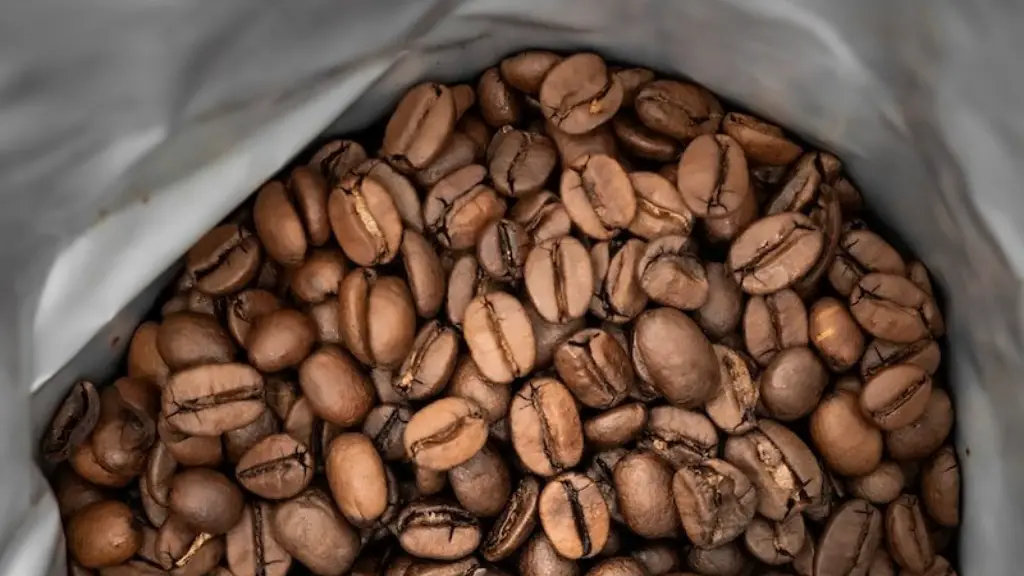Drinking coffee can be an important part of the daily ritual for some people, however, if you suffer from glaucoma, you should be aware of the risks associated with it. Glaucoma is an eye condition that causes damage to the optic nerve, and drinking coffee can potentially increase your risk for this condition. This article will discuss what glaucoma is and the potential risks associated with drinking coffee.
What is Glaucoma?
Glaucoma is an eye disease that affects the optic nerve and can lead to blindness. It is caused by increased pressure in the eye, which can damage the optic nerve. The most common type of glaucoma is open-angle glaucoma. This type is often painless and can go undetected until it is too late. Other types of glaucoma include closed-angle glaucoma, normal tension glaucoma, pigmentary glaucoma, and neovascular glaucoma.
Risk Factors for Glaucoma
Some people may have a higher risk of developing glaucoma compared to others. Those at higher risk may include people with a family history of glaucoma, people with diabetes, those who have had a head injury, and those taking certain medications. Additionally, people who are over the age of 40 are more likely to develop this condition.
Can You Drink Coffee With Glaucoma?
Studies have shown that drinking coffee can potentially increase the risk of developing glaucoma. Caffeinated coffee, in particular, has been linked to an elevated risk of this condition. The exact mechanism of how this occurs is still not known, however, it is thought that the caffeine present in coffee can cause blood vessels in the eye to constrict, leading to increased pressure and damage to the optic nerve. This can be particularly concerning for those individuals already at a higher risk of developing glaucoma.
Experts recommend that people with glaucoma should limit their consumption of coffee and other caffeinated drinks. If you have glaucoma and are looking for a substitute for coffee, decaffeinated coffee or tea is a better option. Additionally, regular exercise and a healthy diet can also help to reduce your risk of developing glaucoma.
Can Caffeine Lower Intraocular Pressure?
Intraocular pressure (IOP) is the pressure within the eye, and high IOP is one of the main risk factors for developing glaucoma. Studies have shown that drinking coffee can actually lower IOP. It is believed that this is due to coffee’s stimulatory effect, which can cause the pupil to constrict, leading to reduced pressure in the eye. However, this effect is short-lived and only lasts for less than two hours.
One study found that the effects of caffeine on IOP were most pronounced in those individuals who were habitual coffee drinkers. This suggests that regular caffeine consumption can result in lower IOP levels. However, there is still a need for further research to confirm this finding.
The Benefits of Coffee
Drinking coffee can have some beneficial effects, such as improving alertness and concentration. Coffee can also reduce the risk of some conditions, such as type-2 diabetes, Alzheimer’s disease, and Parkinson’s disease. Studies have also shown that coffee can have a protective effect against cognitive decline.
Coffee can also have a positive effect on mood and can even reduce the risk of depression. However, individuals with glaucoma should still be cautious when it comes to consuming coffee. They should limit their intake of caffeinated drinks and should speak to their doctor if they are concerned.
Tips for Those With Glaucoma
If you have glaucoma, there are a few things you can do to reduce your risk of vision loss. Firstly, you should have regular eye examinations and follow your doctor’s treatment plan. Secondly, you should wear sunglasses when outdoors, as exposure to UV light can damage the eyes. Lastly, you should avoid rubbing your eyes, as this can increase your risk of developing the condition.
Possible Alternatives To Coffee
If you are looking for a caffeine-free alternative to coffee, there are a few options available. Herbal teas, such as chamomile, peppermint, and ginger, can provide a natural energy boost. Additionally, there are a number of coffee alternatives on the market, such as dandelion coffee, chicory coffee, and even mushroom coffee.
These are all good options for those looking to limit their caffeine consumption. You could also try a few non-caffeinated drinks, such as green tea, lemon water, or sparkling water.
Conclusion
It is important to be aware of the potential risks associated with drinking coffee, especially if you have glaucoma. Caffeine has been linked to increased pressure in the eye, and this can potentially worsen the symptoms of glaucoma. Therefore, it is best to limit your consumption of caffeinated drinks and speak to your doctor if you are concerned.
There are plenty of alternatives to coffee, such as decaffeinated coffee and herbal teas. Additionally, exercise and a healthy diet can help to reduce your risk of developing glaucoma. Lastly, it is important to have regular eye examinations and follow your doctor’s treatment plan.



